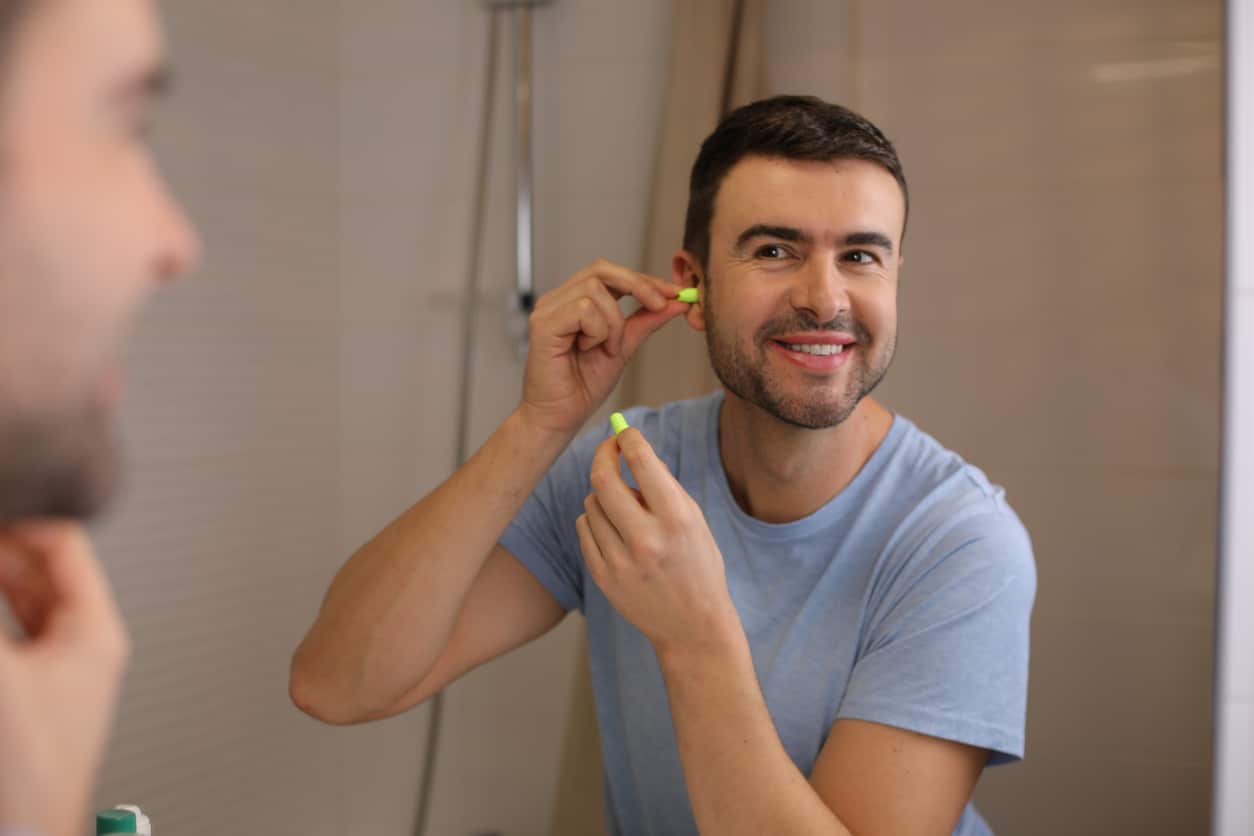If you’ve been diagnosed with hearing loss, preserving the hearing you still have, also known as residual hearing, is a critical part of long-term hearing health. Hearing loss typically can’t be reversed, so once diagnosed it’s important to take taking the right steps to help slow its progression.
Why Protecting Residual Hearing Matters

Residual hearing plays a key role in understanding speech and maintaining balance. Preserving it helps you stay connected to the world around you and makes treatments like hearing aids more effective. Failure to protect your residual hearing can result in faster hearing decline.
Hearing loss is common, affecting nearly 15% of American adults in the past year.
Simple Ways to Preserve Your Remaining Hearing
There are several strategies you can follow to protect your residual hearing:
- Use hearing aids consistently: Hearing aids don’t just make sounds louder; they also reduce the strain on your ears and brain. Amplifying speech and filtering background noise supports clearer communication and prevents further auditory fatigue. When using hearing aids, you’re also less likely to turn the volume up to unsafe levels with audio devices.
- Avoid loud environments when possible: Try to limit your exposure to places with high noise levels, such as concerts at Headliners Music Hall, sporting events or places with loud machinery. If you can’t avoid them, wear protective earplugs.
- Monitor volume levels: Keep personal devices like headphones and televisions at a safe volume. As a rule of thumb, if someone next to you can hear your music, it’s probably too loud.
- Take listening breaks: Step away periodically in noisy or active sound environments to give your ears time to rest.
- Keep up with regular checkups: Schedule follow-up appointments with your hearing specialist to track your hearing health and make necessary adjustments to your treatment plan.
Preserving your residual hearing is about more than just hearing, it’s about staying connected.
If you’ve been diagnosed with hearing loss and want to learn more about your options, contact Heuser Hearing Institute today.